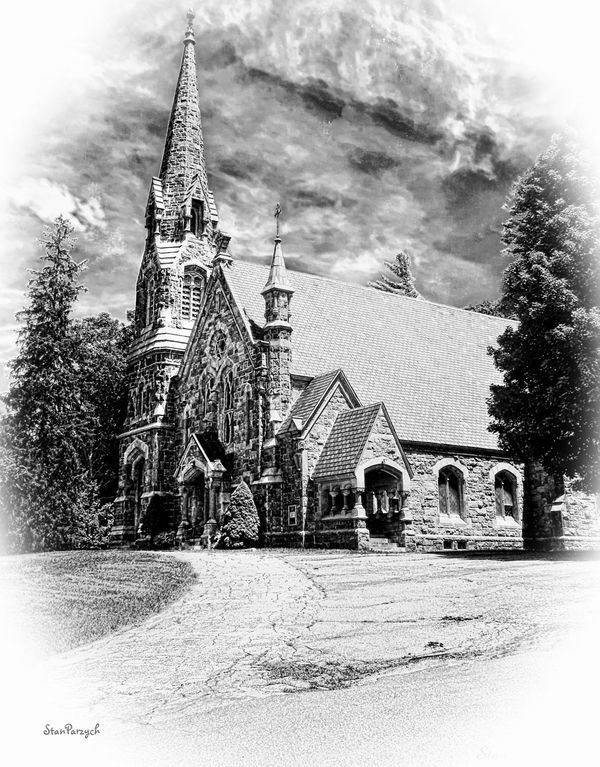

‘Chadwick was immune from arrogance and self-importance. In a thoughtful and touching obituary for the Guardian, Prof.

John’s in 1964, held the Dixie Professorship of Modern History (1958-68), was Regius Professor of Modern History (1968-83), and became Vice-Chancellor in 1969, a position he held until 1971. He was Master of Selwyn College from 1956 to 1983, was made an Honorary Fellow of St. In addition to his numerous academic works, Chadwick held several positions during his time at the University of Cambridge. Students of the Reformation should read his succinct article on Lancelot Andrewes, which has a very particular focus on three critics of Andrewes’ sermons but serves as a useful example of Chadwick’s accessible writing style, his attention to the details of language and definitions, and the firm connections between religion and history, past and present, upon which he insisted. His published work included critical studies of post-Reformation religion but contextualised developments in the church with nuanced and insightful reference to a variety of themes, people, places and times, including the religious nature of nineteenth-century ‘secularisation’ and the role of religion in the Cold War era.

Chadwick played rugby for the university at Varsity between 19 and in this latter year he was captain, leading his team to triumph over Oxford. He also touched on his love of lecturing to Part II and Special Subject students at Cambridge University and fondly recalled that, ‘young minds are absolutely brilliant things, and that was very exciting’. He saw the shadow over Europe in his own lifetime as directly comparable to the context of his historical interests, commenting that ‘there seemed to be a curious parallel between this barbarism in central Europe with the fifth century AD, which I wanted to know badly about’. In a fascinating interview with Alan MacFarlane, Chadwick spoke about sports, politics, war and his religious beliefs as well as his academic pursuits.ĭetailing his political development in response to the emergence of Nazism, he explained that, ‘Just as some people reacted against Hitler by becoming communists, I reacted against Hitler by becoming Christian’.

In a career spanning over seven decades, Chadwick was recognised as a conscientious and compassionate historian whose work was fundamentally founded upon his concern with the intertwined relationships between history, conscience and Christianity. Owen Chadwick died on 17th July 2015 aged 99. The clergyman, theologian and historian of religion Rev. He is currently researching atheism and unbelief in post-Reformation England. Patrick is an MPhil student in Early Modern History at the University of Cambridge.


 0 kommentar(er)
0 kommentar(er)
